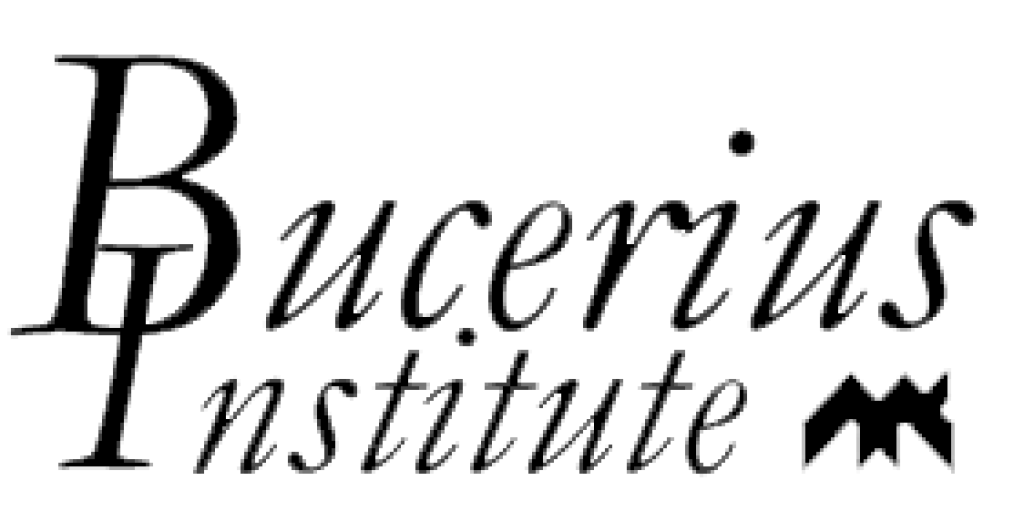23apr10:00 am2:00 pmCANCELLED ! Research Seminar: Mysticism in Modern German-Jewish Thought
Event Details
(Prof. Christoph Schulte (University of Potsdam The presentation Mysticism in Modern German-Jewish Thought shall describe and analyze the genesis of the notion of “Mysticism” as applied almost
Event Details
(Prof. Christoph Schulte (University of Potsdam
The presentation Mysticism in Modern German-Jewish Thought shall describe and analyze the genesis of the notion of “Mysticism” as applied almost simultaneously to Kabbalah, Sufism and the Christian tradition in German Late Romanticism. There, “Mysticism” is considered to be the innermost core and experience of religion and it is regarded as an opposition to the rationalism of Theology, Philosophy and modern Science, but also of bourgeois “Weltanschauung” alike. Mysticism was understood as an authentic and personal religious experience, and thus opposed to liberal and universal ethical monotheism. The antagonism of esoteric “Mysticism” vs. exoteric scientific Rationalism replaces the enlightened 18th century dichotomy of Philosophy vs. “Schwärmere”. The presentation shall follow the historical development and the traces of this discourse on “Mysticism” in modern German-Jewish Thought from early Wissenschaft des Judentums to modern Jewish Studies. “Mysticism” becomes a seminal term in modern German-Jewish writing which leads to new interpretations and theoretical implications in the fields of philosophy, religious studies, literature and Jewish thought and Kabbalah research .“Mysticism”, especially Kabbalah, is one of the most vital research fields of Jewish Studies in Europe and Israel since the Second World War. The leading figure and founder of contemporary Kabbalah research, the zionist Gershom Scholem, came from Berlin and left a strong imprint in Israeli as well as German intellectual history. Thus, Kabbalah is a central field not only in Jewish Studies in Israel and Germany, but also one of the intellectual foci of German-Jewish History.
Professor Christoph Schulte has published three books on Kabbalah and German intellectual history: “Kabbala und Romantik” (1994), “Kabbala und die romantische Literatur” (1999), and “Zimzum. Gott und Weltursprung” (2014). Moreover, he has edited not only Hebrew-German editions of classic kabbalistic texts like “Sefer Jezira” (1993) and Rav Kook’s “Orot haTora” (1995), but also classics of German-Jewish philosophy like Moses Mendelssohn (2 vol., 2009) and Hermann Cohen (1997; 2002), and a monograph on the Haskalah (Die jüdische Aufklärung, 2002).
Time
(Thursday) 10:00 am - 2:00 pm(GMT+00:00)
Location
Room 665, Education Building, University of Haifa

